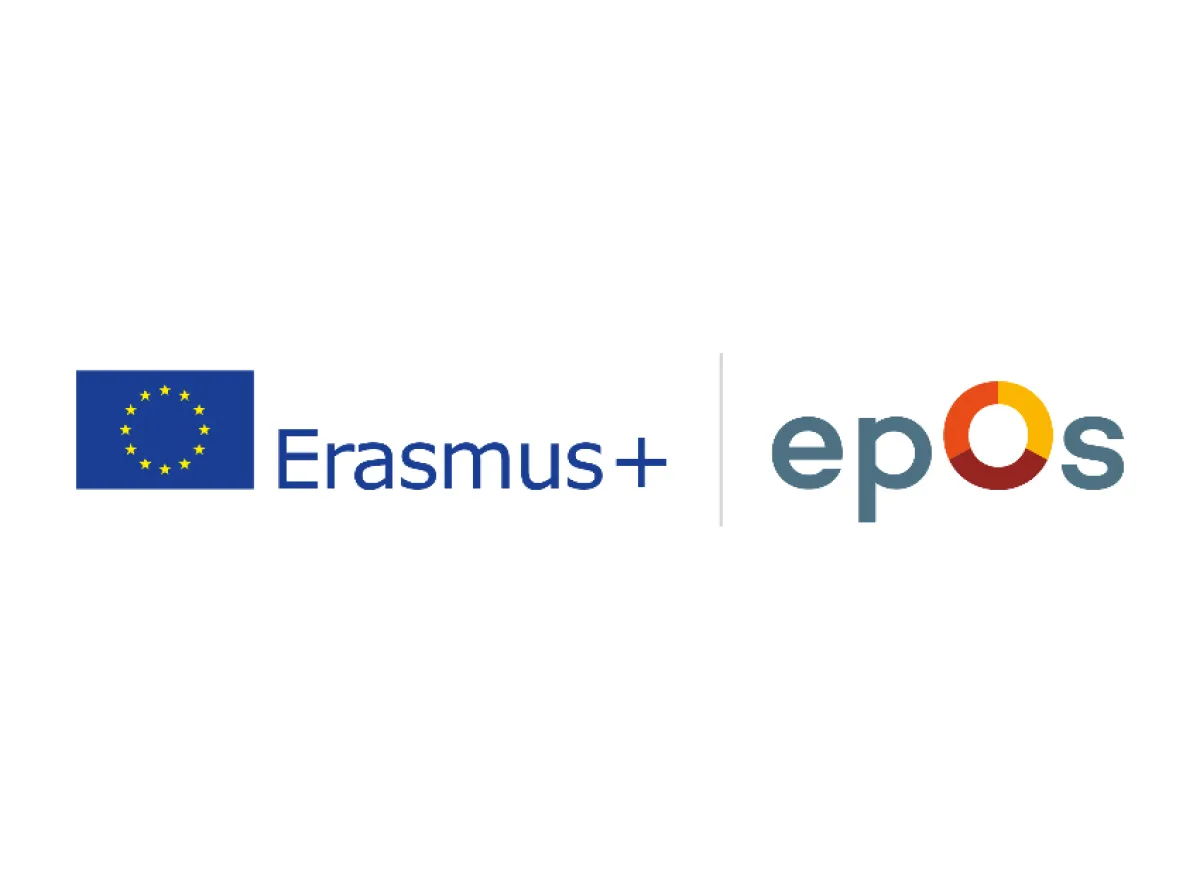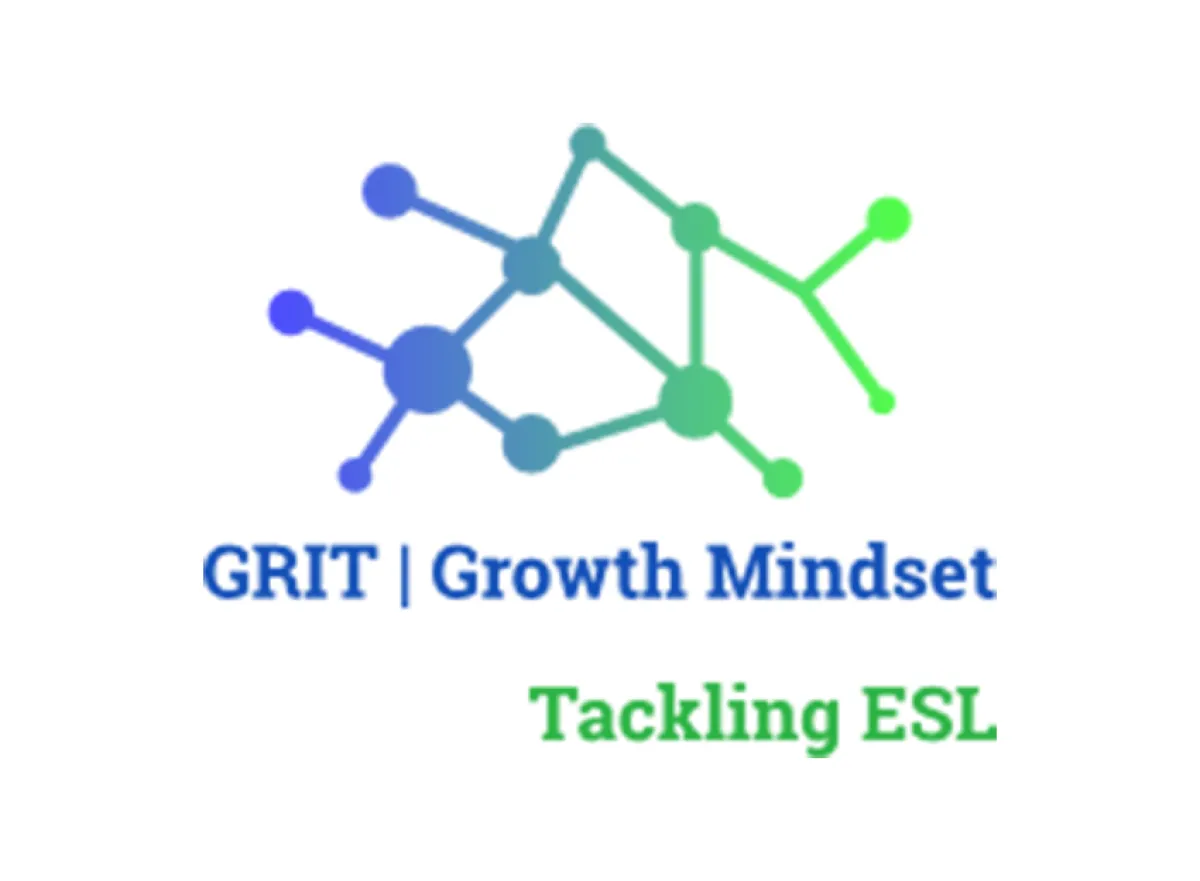The Erasmus+ project GRIT aims to prevent early school leaving (ESL) for students at risk by implementing the Growth Mindset approach within secondary education. The cultivation of a growth mindset is a popular and powerful idea in the contemporary educational landscape. This project builds on Carol Dweck’s work on mindsets. According to Dweck (2006, 2012) there are two types of mindset: a growth mindset and a fixed mindset.
A fixed mindset is linked to the belief that one’s abilities, intelligence and talents are immutable, that they are inborn traits, underlining the idea that they can’t be changed. Students may, for instance, believe that they have good grades in mathematics just because they are good at it. Students with a fixed mindset tend to avoid situations in which they may fail or struggle because these experiences undermine their idea of intelligence.
In contrast, a growth mindset refers to the belief that one’s basic qualities and one’s intellectual abilities can be cultivated. There is a belief in the idea of ‘growth’; individuals with a growth mindset are convinced that they can develop and stretch themselves. Students may, for example, think that they have good grades because they work hard, ask for extra help, persevere, etc. Students with a growth mindset tend to see challenges as a way to develop themselves and look for challenging learning experiences that enable this. Those students turn failure into a ‘not yet’ approach, meaning that they acknowledge their potential for growth in the foreseeable future (Dweck, 2006).
Recent research has shown that growth mindsets especially benefit students with low socio-economic status or who are academically at risk and can therefore narrow achievement gaps (e.g. Paunesku et al., 2015; Sisk, Burgoyne, Sun, Butler, & Macnamara, 2018).
The GRIT-project aims at designing:
- A toolkit for teachers and students in secondary education to practice a growth mindset in order to develop the students’ growth;
- A guideline for teachers to increase students’ resilience based on testing the toolkit;
- A handson training for teams of educators to learn this innovative pedagogical approach to enrich their professional practice;
- A guideline to train teams of educational professionals in how to implement the ‘growth mindset approach’;
- An ebook for different stakeholders involved in the prevention of early school leaving.
More information?
Project website: (beschikbaar in februari)
- Output 1: toolkit
- Output 2: guideline of the toolkit
References:
- Dweck, C. S. (2006). Mindset: the new psychology of success. New York: Ballantine.
- Dweck, C. S. (2012). Mindset: How can you fulfil your potential. London: Constable and Robinson, Ltd.
- Paunesku, D., Walton, G. M., Romero, C., Smith, E. N., Yeager, D. S., & Dweck, C. S. (2015). Mind-set interventions are a scalable treatment for academic underachievement. Psychological Science, 26, 784-793.
- Sisk, V. F., Burgoyne, A. P., Sun, J., Butler, J. L., & Macnamara, B. N. (2018). To what extent and under which circumstances are growth mind-sets important to academic achievement? Two meta-analyses. Psychological Science, 29(4), 549-571.
Contact
Kendra.geeraerts@kdg.be
+32 3 502 28 74
Duration:
2018-2021
Partners:
- Lien Fret & Kendra Geeraerts, KdG University of applied sciences (Belgium)
- Bénédicte Halba, Iriv Conseil (France)
- Agnieszka Borek, Magdalena Swat & Bartlomiej Walczak, University of Warsaw (Poland)
- Joana Alexandre, University Institute of Lisbon (Portugal)


 Karel de Grote Hogeschool
Karel de Grote Hogeschool
